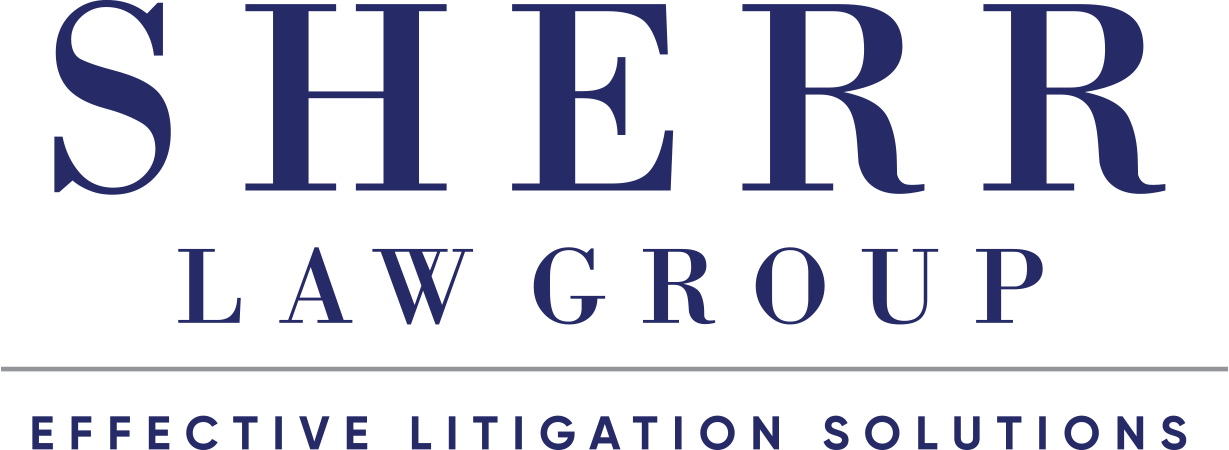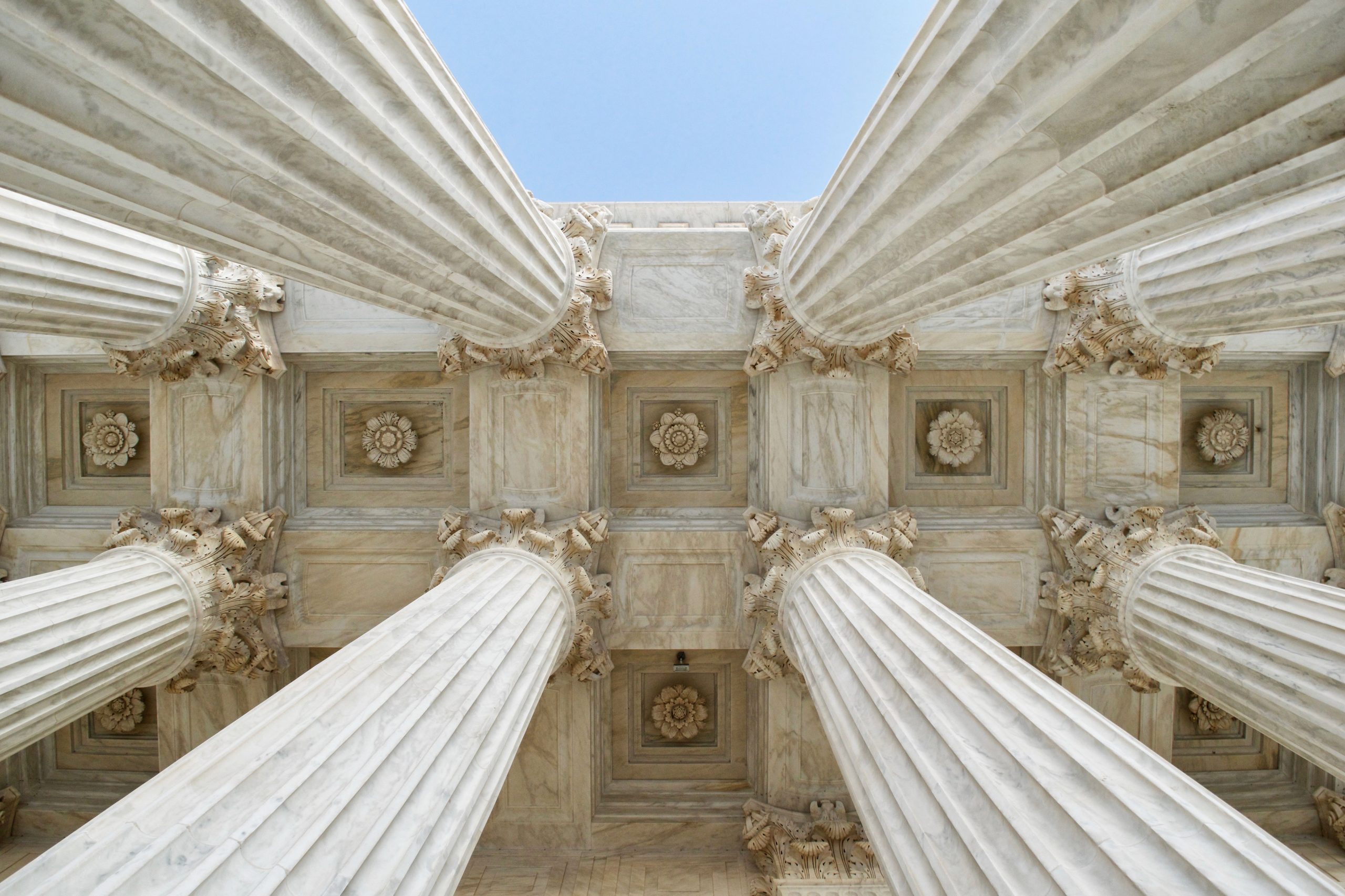In a democracy, transparency is the cornerstone of an accountable and responsible government. The Pennsylvania Sunshine Act, a crucial piece of legislation, plays a pivotal role in ensuring transparency in government operations. This blog aims to provide a comprehensive overview of the Pennsylvania Sunshine Act, shedding light on its purpose, key provisions, and the importance of transparency in the functioning of the government.
Understanding the Pennsylvania Sunshine Act
The Pennsylvania Sunshine Act, enacted in 1986, is a landmark piece of legislation designed to promote openness and accountability in government proceedings. Its fundamental purpose is to ensure that citizens have access to the decision-making processes of government agencies, boards, and commissions. By allowing the public to witness and participate in these processes, the act enhances trust and strengthens the democratic fabric of the state. The act aims to provide the public with the right to attend and observe meetings of governmental bodies, thereby making government actions more visible and accountable. It applies to a wide range of entities, including state and local agencies, school boards, and municipal authorities. By creating a framework for open meetings, the Pennsylvania Sunshine Act ensures that citizens can actively engage with and understand the decisions that impact their communities.
Key Provisions of the Pennsylvania Sunshine Act
Definition of a Meeting
The act defines a meeting as any prearranged gathering of a quorum of members of an agency where deliberation or official action takes place. Importantly, the act considers any communication or exchange of information relating to agency business as part of the meeting, whether in person or through technological means.
Notice Requirements
Transparency begins with proper notice. The act mandates that agencies provide public notice of meetings, including the time, place, and agenda, at least three days before the meeting. This allows citizens to plan and participate in discussions that affect their interests.
Executive Sessions
While openness is crucial, there are instances where sensitive matters require private discussion. The Pennsylvania Sunshine Act permits executive sessions for limited purposes such as personnel matters, legal issues, and collective bargaining. However, these sessions must be properly announced, and the topics discussed must fall within the permissible categories outlined in the act.
Recording and Minutes
To further ensure transparency, the act requires agencies to record meetings and maintain detailed minutes. These records are made available to the public and serve as a historical account of the decision-making process. Accessible documentation is a cornerstone of an open and accountable government.
Public Participation
The act encourages public participation by allowing citizens to comment on agency matters during designated portions of the meeting. This fosters a sense of community engagement and ensures that diverse perspectives are considered in the decision-making process.
Importance of Transparency in Government Operations
Transparency is essential for fostering trust between the government and its citizens. When governmental bodies operate openly, citizens are more likely to trust the decisions made on their behalf. The Pennsylvania Sunshine Act bridges the gap between citizens and their elected representatives. A well-informed public is essential for a thriving democracy. By ensuring that citizens have access to the decision-making processes, the Pennsylvania Sunshine Act facilitates informed participation. Informed citizens can actively engage with their representatives and contribute to the development of sound public policies.
Considerations for Municipalities and Municipal Law Attorneys
An attorney representing a municipality may have various responsibilities and challenges related to the Pennsylvania Sunshine Act. The Sunshine Act is designed to promote transparency and openness in government proceedings. Here are some key aspects an attorney may need to address:
- Advising on Compliance: Attorneys must ensure that the municipality and its officials are fully aware of the provisions outlined in the Pennsylvania Sunshine Act. This involves providing guidance on what constitutes a meeting, the requirements for public notice, and the circumstances under which executive sessions are permissible.
- Meeting Protocols: Attorneys may assist in establishing and implementing proper meeting protocols to ensure compliance with the Sunshine Act. This includes advising on the format of meetings, the distribution of meeting agendas, and the inclusion of public comment periods.
- Executive Sessions: The attorney needs to guide the municipality on the appropriate use of executive sessions. These closed-door sessions are allowed under specific conditions, such as discussing personnel matters, legal issues, or collective bargaining. Ensuring that executive sessions adhere to the permissible categories is crucial.
- Documenting and Recordkeeping: Attorneys may advise on the importance of thorough documentation and recordkeeping. Properly maintaining minutes and records of meetings, including any executive sessions, is crucial for demonstrating compliance with the Sunshine Act. This documentation serves as a defense in case of legal challenges.
- Training and Education: Providing training and educational sessions for municipal officials and staff is essential. Attorneys may conduct workshops to ensure that everyone involved in municipal governance understands their responsibilities under the Sunshine Act and is aware of potential pitfalls.
- Responding to Alleged Violations: If the municipality is accused of Sunshine Act violations, the attorney may be called upon to respond to legal challenges. This could involve representing the municipality in legal proceedings, negotiating settlements, or advising on corrective actions to remedy any perceived violations.
- Policy Development: Attorneys may assist in developing and updating policies and procedures related to the Sunshine Act. This includes crafting internal guidelines that align with the requirements of the Act, emphasizing transparency and adherence to legal requirements.
- Public Relations and Communication: In cases where there are allegations of Sunshine Act violations, the attorney may work closely with municipal officials to manage public relations and communication. Transparent communication about any corrective actions taken can help rebuild public trust.
- Monitoring Legislative Changes: Attorneys must stay informed about any changes or amendments to the Sunshine Act and other relevant laws. This ensures the municipality complies with the most current legal requirements.
- Litigation Defense: In the event of legal challenges or litigation related to Sunshine Act compliance, the attorney representing the municipality may defend the municipality’s actions in court. This could involve presenting legal arguments, disputing allegations, and ensuring due process.
PA Municipal Attorneys for Pennsylvania Sunshine Act
Sherr Law Group stands as an invaluable ally for municipalities navigating the intricate landscape of challenges posed by the Pennsylvania Sunshine Act. With a wealth of experience and a deep understanding of the legal intricacies involved, our attorneys are dedicated to guiding municipalities through the nuances of the Act. From advising on compliance and establishing robust meeting protocols to offering strategic counsel during legal challenges, our team ensures that municipalities not only meet the stringent requirements of the Sunshine Act but also foster a culture of transparency and accountability. Sherr Law Group’s commitment to navigating these challenges allows municipalities to focus on serving their communities, confident in the knowledge that their legal matters are in capable hands.



